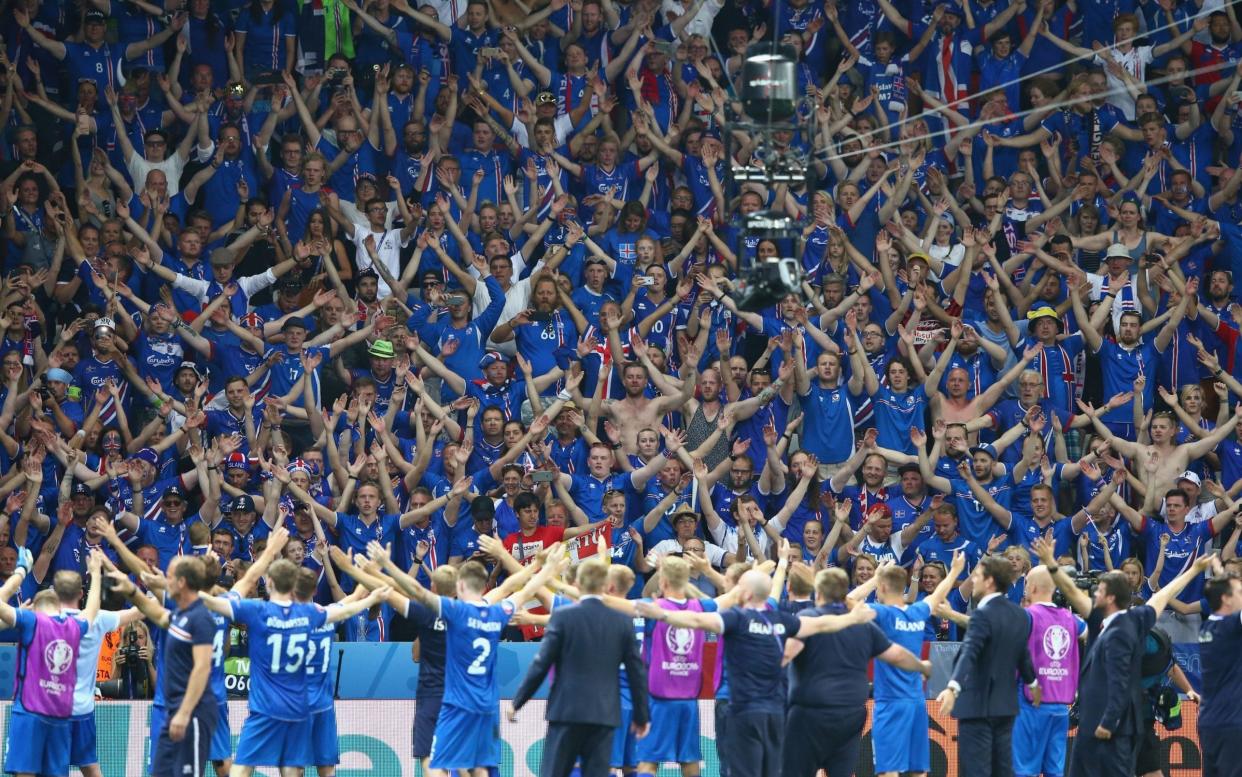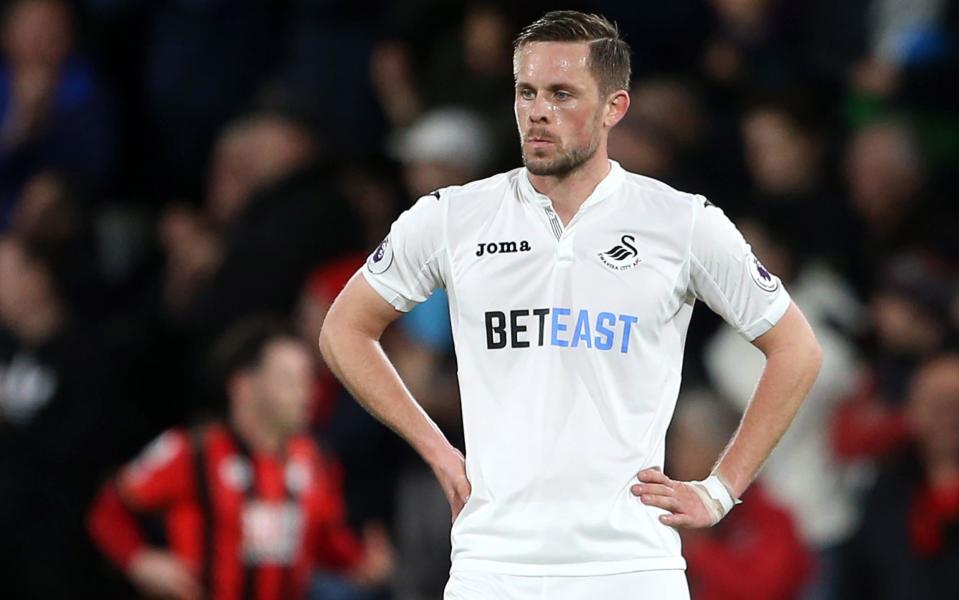How have Republic of Ireland's opponents Iceland fared since their Euro 2016 heroics?

How have Iceland fared since beating England in the European Championships?
The defeat of England in the Round of 16 was the biggest result in Iceland’s history and humbled one of European football’s supposed superpowers, leading to the immediate resignation of manager Roy Hodgson and his assistant Gary Neville in disgrace (not to mention a spike in childbirths nine months later).
Iceland were meant to be at the tournament to make up the numbers, the fact they had qualified for their first major tournament, the limit of their achievements, but they were far more than just whipping boys.
It has inevitably been a little tougher for a nation with a population of less than 350,000 people now they are no longer a surprise package. Opposition teams respect them more and prepare accordingly, but Iceland, who are ranked 23 in the world by Fifa, are still looking a good bet to qualify for next year’s World Cup, even if they have to go through a two-legged play off after finishing second in their group.
Since losing to France in the quarter-finals of the Euros, Heimir Hallgrímsson’s side have managed to secure a 1-1 draw in Ukraine and have beaten both Turkey and Finland at home, as well as Malta and Kosovo away. Their only competitive defeat came in Croatia, although they also lost a friendly to Mexico.
As things stand at the halfway stage in their bid to reach their first World Cup, Iceland are second in Group I, three points behind leaders Croatia and two ahead of Turkey and Ukraine.
So did the defeat of England mean there were lots of lucrative moves to Europe’s big clubs?
Of the 11 players who started against England in June, six have moved clubs since that famous victory, with three earning contracts at English clubs on the back of humiliating our national team.
Birkir Bjarnason signed for Aston Villa in January after impressing manager Steve Bruce at the Euros, moving from Swiss club FC Basel.
Young striker Jon Dadid Bodvarsson signed for Wolverhampton Wanderers from German club Kaiserslautern, although he has managed just two goals for the Championship club.
Fulham signed one of the Iceland’s stand out performers in France in the shape of 30-year-old centre back Ragnar Sigurdsson, who had been playing for Krasnodar in Russia
Perhaps the biggest beneficiaries of Iceland’s emergence on the international stage are Kolbeinn Sigthorsson, who joined Turkish giants Galatasaray from French club Nantes and Gylfi Sigurdsson, the Swansea midfielder who is likely to leave the Welsh club in the summer after an excellent season in the Premier League.

Who might be next to move to English football?
There are a number of players emerging from an impressive youth system and while most young Icelandic players join Scandinavian clubs, there are some who have already moved further afield.
Iceland appear to be particularly strong in midfield, with Tromso’s Aron Sigurðarson and IFK Goteberg’s Elías Már Ómarsson are making a positive impression during their World Cup qualifying campaign.
Both are just 23 and are likely to move to bigger clubs sooner rather than later. In defence, Sverrir Ingi Ingason is playing in Spain for Grenada. Upfront, 19-year-old Albert Guomundsson is earning plaudits in Holland where he plays for PSV Eindhoven. All have been picked for the senior team since the European Championships
Will they qualify for the World Cup?
They are in a difficult group and will have to avoid defeat in Turkey and beat Ukraine at home to hang on to second spot. If they can defeat Croatia at home, they might even finish the campaign as group winners.
Who is your football clubs most famous celebrity fan?

